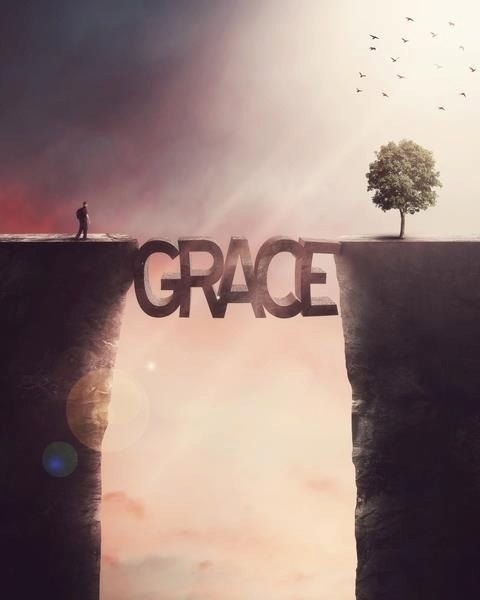I stopped being surprised years ago at how many protestants come to our parish on Ash Wednesday. As a convert myself, I know the appeal of those ashes on our foreheads. They say, “I’m a sinner saved by God’s mercy and without Him, I’m lost.” That’s a strong message in a few little bits of ash. And that’s the thing about the Catholic faith. We have a lot to offer. And I’ll bet, deep down, you know it, too. No matter your denomination, or even if you don’t belong to any church, there’s something about the Catholic Church that draws you in, and you want to know more, even if you don’t know exactly why.
To begin with, you love the Bible and you revere it as the inspired word of God. Yet for hundreds of years after Christ’s death and resurrection, there was no Bible. It wasn’t until the fourth century that the Catholic Church assembled the Bible into one collection of texts. Jesus didn’t leave us a book, He left us a Church and He empowered it with the grace of the Holy Spirit.
This early Church as first called “Catholic” by Bishop Ignatius of Antioch in 107 AD. It was a Church founded on the Gospel of Jesus Christ, made up of deacons, priests, and bishops, led by the Bishop of Rome. Just as the Church today gathers to worship at the altar of God, so did that early Church. St. Peter and St. Paul were Bishops in this Church, with St. Peter being the first Pope.
Deep down, you’re drawn to the permanence and history of the Catholic Church. You know we’ve been on earth since the days of Jesus and no power or circumstance will diminish His flock. You know that Holy Communion is more than just a symbol. You can read Jesus’ own words and know that. After all, He never said, “This is a symbol of My Body…this is a symbol of My Blood.” When you see Catholics kneel and worship before the Blessed Sacrament, you know we’re kneeling before the King of Kings and not just a piece of bread. You love the reverence of Mass and the beauty of our churches. Catholics worship with our senses as well as with our hearts and souls and that seems only right. We stand, we sit, we kneel. We hear the bells and smell the incense while candles glow around us and lift us out of our everydayness. Mass means more than that and you know it, too. The Liturgy connects you to God and to heaven in a deep and profound way.
You know that Mary is important in our salvation story. When God chose her to be the mother of our Savior, He gave us the best model of the Christian life that we could ever know. Her purity, faith, humility, and trust in God shows us how to live. Mary and all the Saints are our role models because their lives reflect the light of Christ. They are our faith family, alive now in heaven and they long to pray for us, if we only ask them. You know that the Church’s unfailing defense of human life from conception to natural death is right and true and will never change. The Catholic Church’s teaching on the sanctity of marriage between one man and one woman is the truth that God has revealed to us in the Bible. It’s good to know that the truth never changes, even if society wants it to “get with the times.”
So we welcome you to come and get to know us and ask us any questions you may have. Come to Mass. Or come by just to sit and pray in the presence of The Lord in the Most Blessed Sacrament. We are all looking for the peace that only Jesus can give us. All of us know what it feels like to search for the meaning of life and our place and purpose in the world. The Lord gave us His Church so that we can know how we fit in and to help us along our journey with Christ. Open the door and know that you’re welcome here.
“One road leads home and a thousand roads lead into the wilderness.”
—-C.S. Lewis



